Shopify tops the list of great e-commerce platforms with numerous features and functionalities. It is capable of handling everything from SEO to site hosting, inventory management, payment processing, and orders. However, Shopify doesn’t need to be the perfect fit for everyone. That’s why we need to look for Shopify alternatives that can align with your specific needs, budget, and goals and might offer better solutions.
In this article, we’ll learn about 10 top Shopify alternatives, highlighting their key features, advantages, and pricing. It will allow you to find the ideal platform to power your online store and drive your business forward.
Why You Might Be Looking for a Different Option than Shopify?
Shopify is undoubtedly one of the great e-commerce platforms; however, people are still looking for options. The following can be some reasons why you might be looking for a different option than Shopify:
- Looking for a Better Cost Structure: On Shopify, many apps, themes, and plugins aren’t free, which adds up to your monthly fees, making it costly. Also, a transaction fee is charged if you don’t use Shopify payments.
- Need Control Over SEO: Shopify is great at handling basic SEO tasks but doesn’t support advanced SEO features. It also doesn’t allow users to access and edit rigid URL structures or robot.txt files. For better control over your SEO, you might shift to another eCommerce platform.
- Prefer More Customization: Shopify provides suitable customization with its plug-and-play design and drag-and-drop page builders. However, for advanced customizations, users need to understand Shopify’s Liquid programming language, which is tricky and difficult to customize.
- Great Content Management: Shopify’s blogging capabilities are average and outdated, too. If you want to amplify your content marketing strategies, you might have to look for an option other than Shopify.
Key Features to Look for in Your Next E-commerce Platform
Before choosing your next e-commerce platform, you have to be very thorough, as it will affect your online business. Below are some key features to look for in your next eCommerce platform:
- Ease of Usage: The first and foremost feature to look for in your next eCommerce platform is ease of usage and beginner friendliness. Choose a platform with simple navigation, an intuitive dashboard, and a hassle-free setup.
- Payment Processing: A trustworthy eCommerce store should provide safe and secure payment processing. Also, ensure that the platform can be integrated with various payment gateways.
- Product Management: The platform you are choosing for your business must have superior product management tools like automated inventory updates, stock level tracking, and more. Ensure it supports unlimited products and categories.
- Security: While choosing a Shopify alternative, data security, and privacy should be your top concerns because you deal with sensitive information like customer addresses, contact information, or card details. Ensure that the platform is SSL-certified and PCI-DDS-compliant.
- SEO and Marketing Tools: Marketing is an inevitable part of an online business. Hence, be certain that the platform you are going for features SEO optimization tools, social media integration, and the ability to create and manage discounts and offers.
- Analytics and Reporting: You should go for a platform that gives you detailed reporting of your sales, performance, profits, customers, and more. It’ll help you make correct and informed decisions for your business.
Top 10 Shopify Alternatives
1. WooCommerce
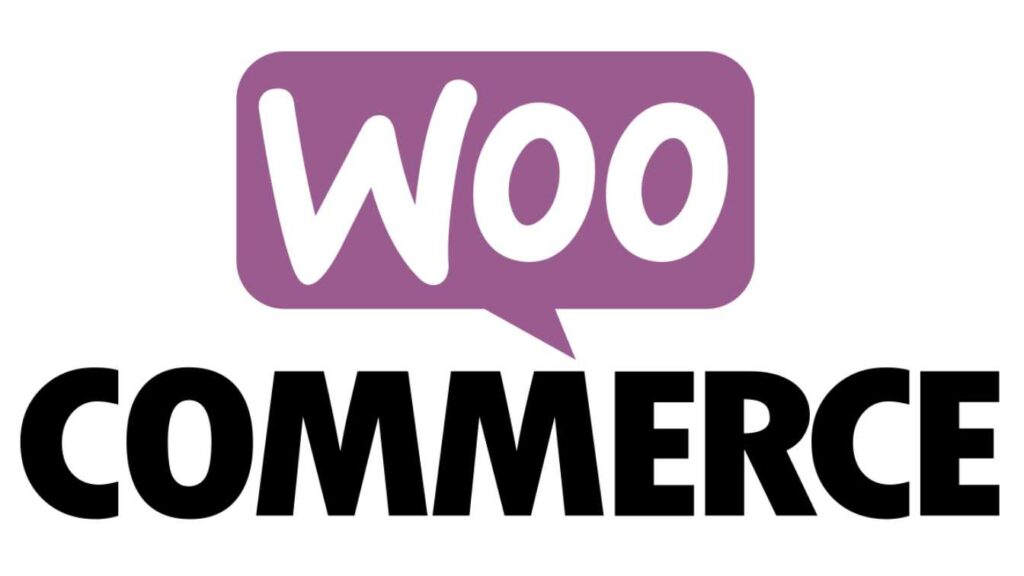
Sell online or build powerful eCommerce solutions for others with WooCommerce, an open-source and WordPress-based platform. WooCommerce is one of the best Shopify alternatives because it is free and provides better services than Shopify in many regards. It is responsive, mobile-friendly, and easy to set up. You can customize your site or store without paying extra money.
However, you need to pay for premium themes and plugins. Loved by millions of brands, WooCommerce provides advanced selling features and a dedicated support team. 31% of the top 1 million eCommerce sites are built on WooCommerce.
Pricing: It is free to download and use the platform, but premium themes and plugins are chargeable. Also, you would need a domain name, an SSL certificate, and hosting, which is also paid.
Key Features:
- Analytics
- Inventory Management
- Shipping Options
- Scalability
- SEO
- Security
- Offer flexible, secure payments
- Built-in WordPress
2. Wix

Wix is suitable for small businesses and people looking for cheaper options for online selling. This drag-and-drop website builder is used for online shop designs and can be used to change your shop into an eCommerce platform. The platform provides more than 900+ free, customizable website templates, boasts powerful AI features, and offers full-stack web development tools for custom functionality. You can capture leads, get reports, and automate your business from your phone using the Wix Owner App.
Pricing: Wix is initially free, but you need to pay for eCommerce functionality to enable functions like accepting payments, managing inventory, adding products, and building a feature-rich website. The following are Wix’s business and e-commerce plans:
- Business VIP: $37/month
- Business Unlimited: $25/month
- Business Basic: $17/month
Key Features:
- Marketing
- SEO
- Cloud platform
- Including hosting
- Easy to use
- Versatility
3. BigCommerce
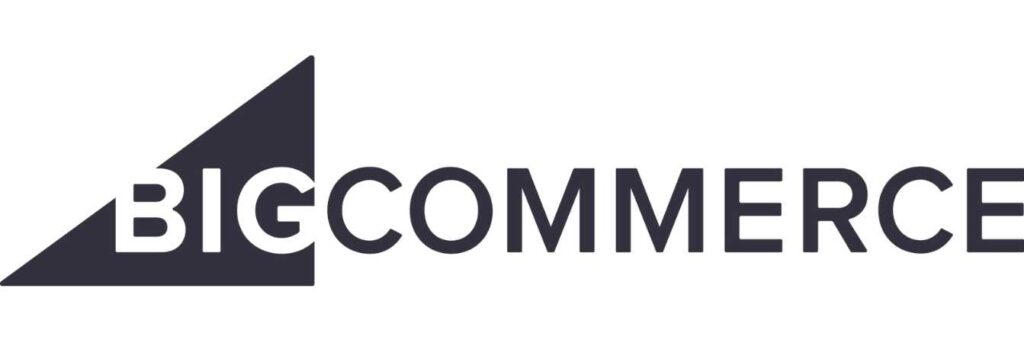
A trusted eCommerce solution provider, BigCommerce combines the best of SaaS with API-enabled flexibility, offering you the opportunity to customize your enterprise integrations and tools faster. The platform has eye-catching themes and provides a hassle-free store-building experience. You can connect it with marketplaces like Amazon, eBay, and Walmart. Enjoy multi-channel selling and 24×7 support with BigCommerce. Also, it is most suitable for enterprise-level eCommerce as it allows you to handle sales tax and manage shipping as well.
Pricing:
It provides a 15-day free trial and has the following pricing policy:
- Standard: $39/month
- Plus: $105/month
- Pro: $399/month
Key Features:
- Scalable Catalog
- Shipping
- Tax
- Vaulting
- Staging Environment
- Refunds & Returns
- Customer Groups
- SSO
- Reporting & Analytics
4. Weebly

Grow your business anytime and anywhere with Weebly, one of the great Shopify alternatives that will bring your eCommerce online store to life. Weebly offers marketing tools like SEO and emails, as well as management tools like shipping, inventory, product search, and more. The platform has drag-and-drop web building for an easy and pleasing experience. Weebly comes with a variety of themes for designing your storefront.
Pricing:
The below-given are Weebly’s pricing plans:
- Free
- Personal: $13/month
- Professional: $16/month
- Performance: $26/month
Key Features:
- Drag & drop editor
- Beginner-friendly templates
- Video background
- Site search
- eCommerce
- Responsive themes
5. Squarespace
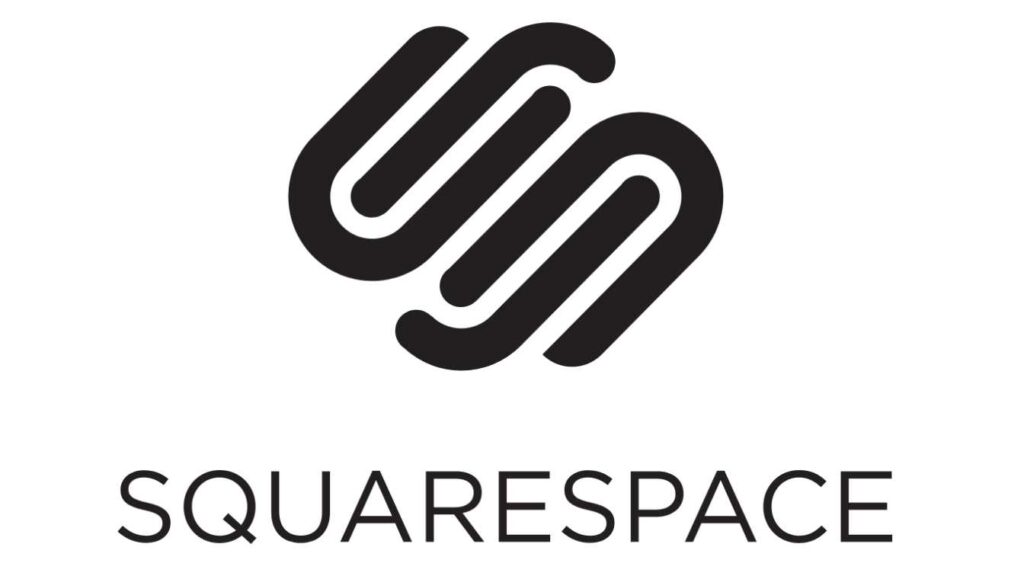
With Squarespace, you can build your website, set up an eCommerce store, and even sell your skills effortlessly. The platform helps you grow your audience with built-in SEO tools and social media integration, engage with customers using email campaigns and blog posts, and optimize your store with reports and insights. It is a great choice for artists, bloggers, and other professionals because of its visually appealing templates and editing tools.
Pricing:
With a 14-day trial, Squarespace has the following pricing plans:
- Personal: $25/month
- Business: $36/month
- Commerce (Basic): $40/month
- Commerce (Advanced): $72/month
Key Features:
- Web analytics
- Blog
- Templates
- SEO
- Mobile apps
- Customer support
- Drag-and-drop builder
- Domain options
- Block layering
You may want to read this: PDF Drive Alternatives
6. Magento
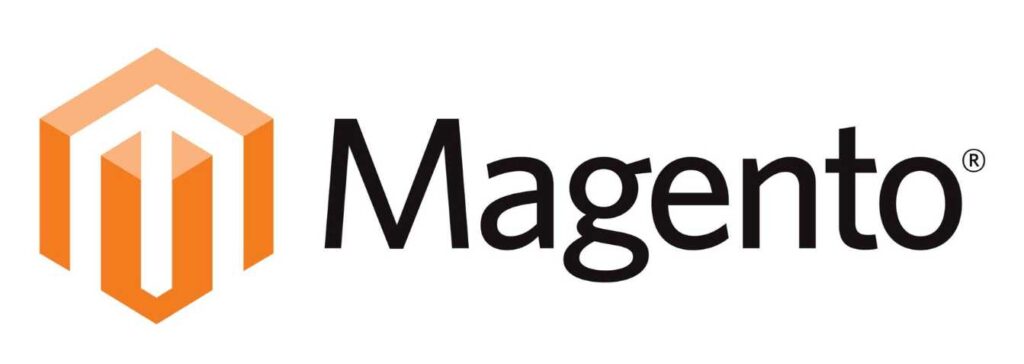
Magento, an Adobe company, is an all-in-one eCommerce platform for your business. It was launched in 2007 and acquired by Adobe in 2018. The platform handles millions of orders with 99.999% uptime, allows you to customize your store for a unique experience, offers 24*7 support, and provides over a thousand premium integrations and extensions. It also offers content creation tools, catalog management, and payment gateway integration.
Pricing:
- Magento Open Source: Free
- Magento Commerce: $1988/month
- Magento Commerce Cloud: $2688/month
Key Features:
- Marketing, promotions, and conversion tools
- Site management
- SEO
- Catalog management
- Product and catalog browsing
- Checkout, payment, and shipping
- Order management
- Customer accounts and service
7. Big Cartel

Build online stores for small businesses effortlessly with Big Cartel, one of the leading Shopify alternatives, which started in 2005. You can create your own custom shop, manage your store, fulfill orders, update products, check insights, and even run promotions using Big Cartel. It is easy to operate and offers basic to mid-level eCommerce features. The platform features shopping cart software, shipping tracking, and sales tax automation, and even allows you to use the platform for free for up to five products.
Pricing:
- Gold: $0/month (free)
- Platinum: $15/month
- Diamond: $30/month
Key Features:
- Inventory management
- Custom domain
- Multiple product images
- SEO
- Bulk editing
- Order management
- Apply discounts
- Real-time dashboard
8. Ecwid
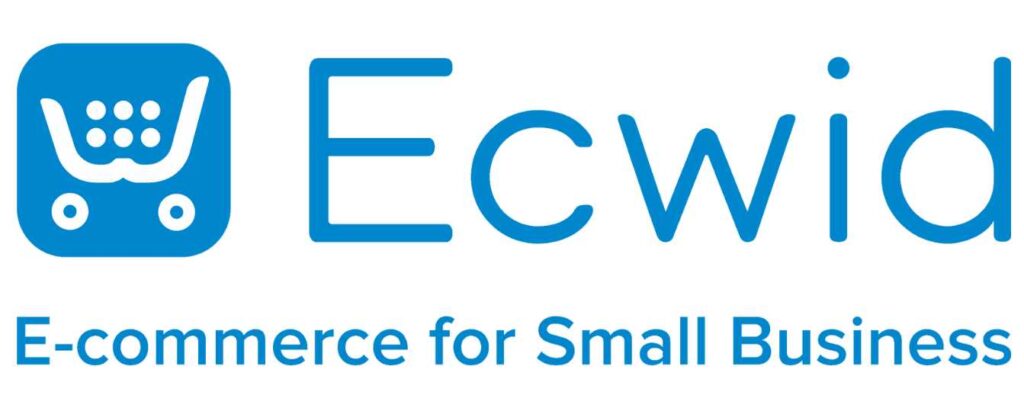
Your online store is just a few clicks away with Ecwid, a brilliant and easy-to-use Shopify alternative. It is a beginner-friendly platform that is easy to learn and set up. With Ecwid, you can build a new online store, sell across social media platforms, integrate with marketplaces like Amazon, eBay, and Walmart, connect with point-of-sale in a physical store, and sell on the go with the available apps. The platform is compatible with several CMS platforms and offers customization as well.
Pricing:
- Free
- Venture: Rs. 1200/month
- Business: Rs. 2200/month
- Unlimited: Rs. 5500/month
Key Features:
- Inventory tracking
- Recurring subscriptions
- Wholesale pricing
- Product filters
- Tax calculations
- Buy domains
- Add stores to any website
- Gift cards
- Go across borders
- Accept payments
9. Open Cart

OpenCart is one of the best Shopify alternatives, and it is free and open-source. Featuring powerful store management tools and built-in SEO, the platform allows you to manage products, customers, orders, tax rules, coupon codes, and more. With an extensive library of 13000+ themes and modules, this platform allows you to expand your store’s functionality. It is integrated with the world’s most renowned gateways and shipping methods.
Pricing:
It is free to download and use, but you’ll need to pay for hosting and a domain name.
Key Features:
- Admin dashboard
- User access
- Discounts, coupons, and specials
- Unlimited products and categories
- Payment providers
- SEO-friendly
10. Sellfy
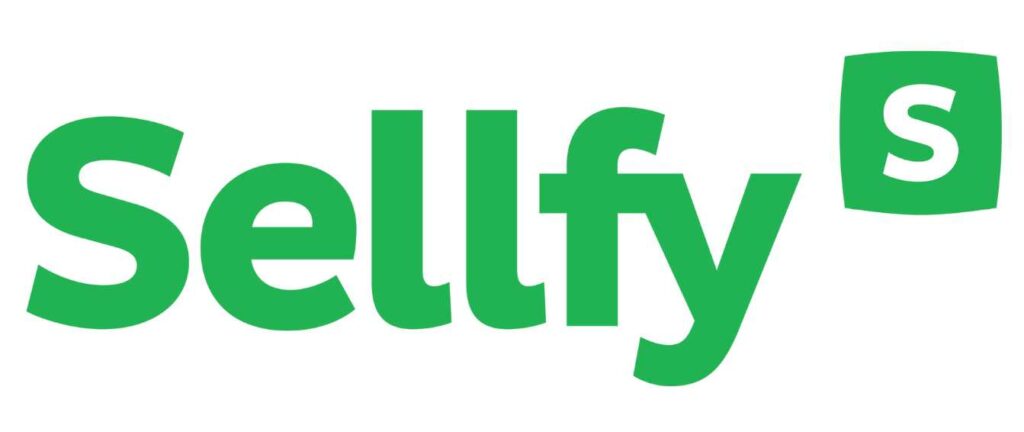
Start easily with Sellfy, a platform that helps get your store up and running in 5 minutes. You can grow big and sell anywhere using the built-in marketing features of Sellfy. It offers a smooth and easy experience for both store owners and product buyers. Suitable for digital products, the platform boasts print-on-demand, email marketing, a mobile app, hassle-free checkout features, and more. It also offers a free plan for up to 10 products, whether physical or print-on-demand.
Pricing:
The following are the Sellfy pricing plans:
- Starter: $29/month
- Business: $79/month
- Premium: $159/month
Key Features:
- Marketing Features
- Customization
- Payment gateway
- Digital products
- Upselling
- Mobile access
- Instant payouts
- Sales analytics
- Custom domain settings
To Sum Up
There is no shortage of Shopify alternatives on the market. From basic to advanced, one can get any type of alternative they need for their business. Each alternative offers distinct features, pricing, support, and capabilities. That’s why it is important to choose a platform that aligns with your business requirements. Do a thorough check of all the Shopify alternatives to find the best for your business. The perfect Shopify alternative can help you optimize your business’s growth, efficiency, and success.
Frequently Asked Questions (FAQs)
Which e-commerce platforms are bigger than Shopify?
- Amazon
- Walmart
- eBay
- Alibaba Group
Why would I need an alternative to Shopify?
You would need an alternative to Shopify because of the below-given reasons:
- Cost concerns
- Specific features
- Limited configurations
- Hefty transaction fees
- Community and Support
What are the key factors to consider while choosing a Shopify alternative?
Before choosing a Shopify alternative for your business, keep the following things in mind:
- Technical Support
- SEO
- Customization
- Security
- Hosting
- Cost and pricing
- Ease of use
Are there any free Shopify alternatives?
The following are some free Shopify alternatives:
- Wix
- WooCommerce
- Prestashop
- Big Cartel
Read More: Facebook Marketplace Alternatives
